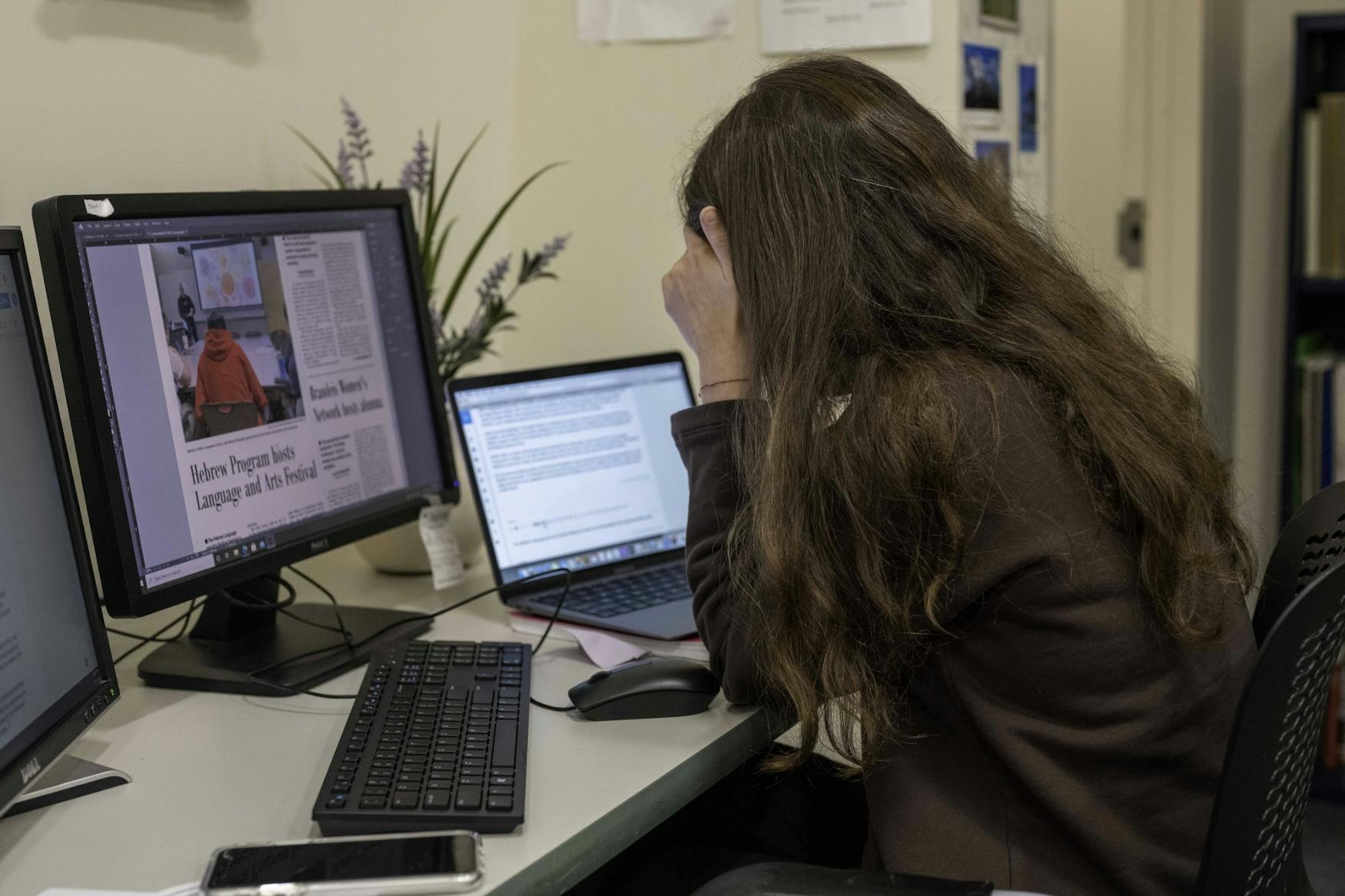Technological burnout: the dangers of obsessive innovation
I think that the term “fried brain” might be a real concept, even possibly an understatement, and I’m not so sure my workload is the sole culprit anymore. In the midst of a writer’s block-inspired-work-pause yesterday, I grew frustrated at the way my Kindle, laptop and phone screen all surrounded me in some seamless, almost sneering electronic bridge between me and my dream of a non-internet, anti-electronic reprieve. As if in laughter at my online academic bubble, my phone and computer both lit up on cue ten minutes before my next appointment. All I could do was put my head on the table, dreading the inevitable energy zap, my blood pressure rising. I have been sleep-deprived for days, and being relegated to Zoom meetings has yet again hastened my burnout. I am very aware that a significant amount of my stress stems from my habit of saying yes to almost every opportunity that comes my way— a habit I surely need to work on.
But that academic bubble has been compressed even more by the constant online connection many of us are pressured to have with ...well, it feels like everyone. Technological exhaustion is real, and its impacts are often understated, yet devastating. When you are not on Zoom, you are bombarded with emails, text and Slack messages, Facebook and LinkedIn notifications or any other virtual platform at a sickening rate. I’m convinced that the anxiety, isolation and nausea human beings often feel after being on computers or phones all day proves we are not meant to be this connected — at least not in this way.
I think, in large part, the answer comes from prioritizing mental health and genuine connection over the social obligation to constantly tune in and keep abreast of absolutely every single event, idea, commemoration and trend. When I was younger I ate up the intrigue and false sense of community the internet brought. Now I want to forcibly deny my impulse to check my DMs every time it rears its head. I want to flip through real pages, to scrape pencil across paper for no other reason than to doodle, to sit outside and breathe away from my laptop for longer than a ten minute break. I often feel conversations I have online or over the phone are not conversations at all anymore, but rather rushed exchanges of words between exhausted minds. These days the overstimulation from over-connection is so bad; I often just want to sit and stare at the wall.
Of course, the many benefits of technological and internet development are clear. It has made education, human connection and even certain forms of healthcare more accessible. I constantly think about how fortunate I am to have any internet access at all in this pandemic, given the vast epidemic of digital isolation and inaccessibility still felt by too many. At the same time, the ultrafast progression of the internet age and our unending obsession with it, as a species, has also contributed to a vast amount of human health problems, including eye strain, worsened posture, carpal tunnel syndrome, heightened anxiety and depression. It has also deeply harmed our ability to maintain honest, genuine and healthy connections with each other. In many ways, the more connected we are, the less connected we become. Innovation is not always a good thing.
The problem is, as usual, that we live in a very nuanced world. Irony cannot aptly describe the frustration I feel when older generations call younger ones out for being “stuck” on the screen in a world they created to be uber-connected, hyper alert and overworked — a society fueled by the very machine that continues to tear at its seams in direct and covert ways. Maybe the answer is challenging the way our economy works after all, by creating a system of operation that does not depend on the availability and often mandatability of 24/7 online connection to function. Maybe the key to economic growth is not about setting up firms to chase maximum profit at all hours of the day with the fastest software capabilities. But rather it is about setting up people to succeed by prioritizing community building, mental health and lasting relationships where people can build together in a healthier, calmer, less overstimulated and long-term way. Maybe “slow” is OK sometimes.
To be clear, I’m not predicting, nor asking for, a return to a pre-industrial and less expansive system of communication. And maybe in a longer post, on one of my less tiresome days, in which I am not bombarded with online obligations and stressors, I will address the specificities of the Silicon Valley giants and their complicity in this madness. But I think for now my own situational irony with tech is as compelling an argument to take a large physical step back from at least one screen in your life, and I’ll bet it is relatable. As I take walks these days, I usually leave my phone at home, and I have never felt better, nor more connected to the world around me while doing so. My blood pressure visibly drops. I can feel the wind. I remember what real noises sound like, what real trees, flowers and people look like. I even fantasize about finally throwing the thing out the window ....and would that be such a bad thing? I’m not so sure, but I think the benefits of disconnecting for a while and refusing to give in to toxic workplace demands of constant over-connection would be worth it.
For all our sake, the argument must be simple. When it comes to tech overload, development and unending social connection, enough is seriously, and quite nauseatingly, enough.



Please note All comments are eligible for publication in The Justice.